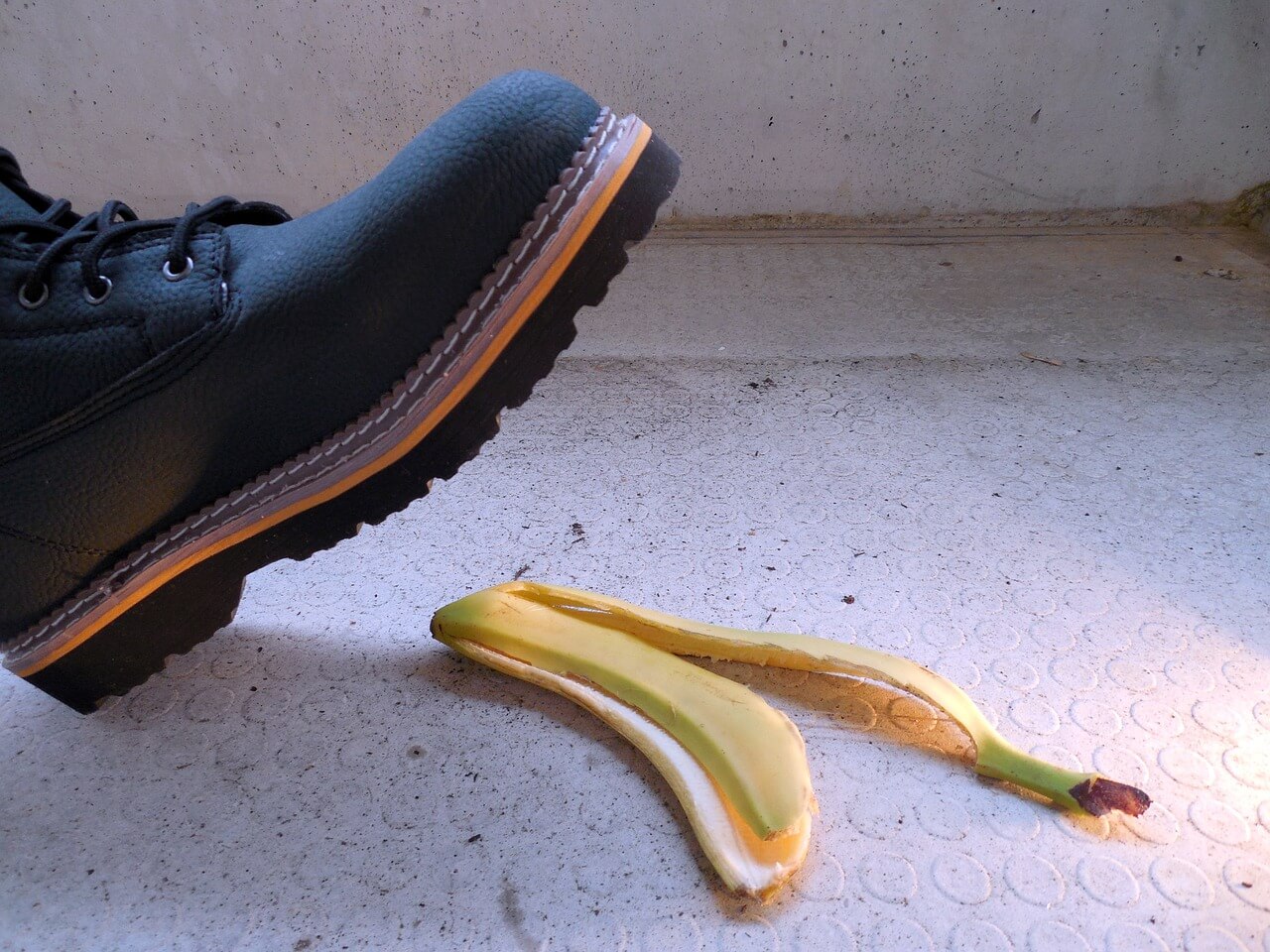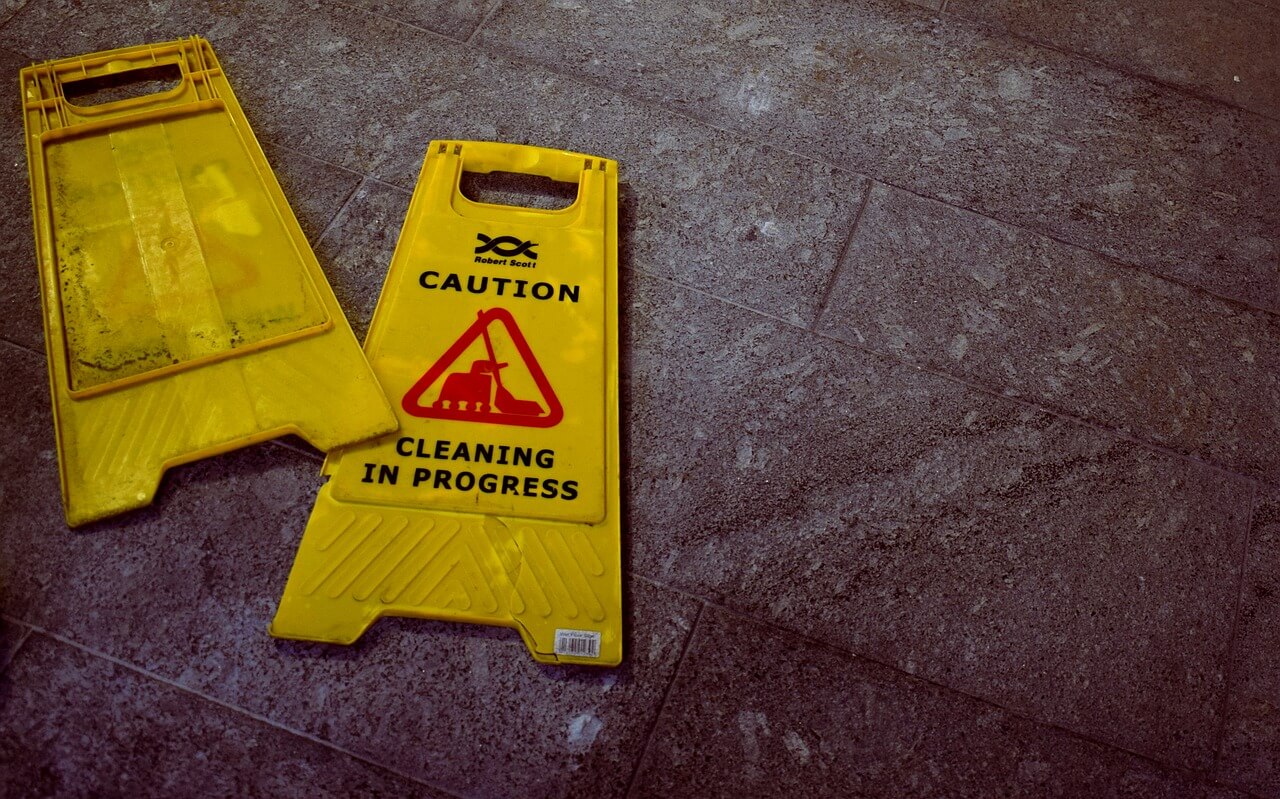Premises liability refers to a legal hypothesis that usually comes into action in cases such as the personal injury cases. Often, it occurs at times where the negligence of the owner of a property or his or her wrong doing causes or rather results to injury of another party or even some kind of loss. The injury may be contributed by some kinds of unsafe or rather defective conditions. Negligence by a property owner means that he or she lacked to ensure that good care of his property is taken to ensure that no one gets hurt in any kind of way.
For one to win a premises liability case, then they should be at a good position to prove that a particular property owner was overly negligent in relation to his or her property as well as ensuring good maintenance of the same property. However, just because one gets hurt on someone else’s property does not mean the owner of the property was negligent. In addition to that, just because a particular property may have been found with unsafe conditions does not at all conclude that the owner of the property was negligent. For the complaint to win, he or she must be able to show that the owner of the property was so much in the know of the state of the property or rather, the property of the owner should reasonably have known that the property was in an unsafe condition but lacked to take the initiative to correct the situation before things got out of hand.
Duty of care by property owner
Some states often dictate that all property owners should exercise care in the act of maintenance and owning a property in relation to people that may happen to get in those respective properties. However, other states still hold on to rules that may at times limit the duties of land owner depending on who the visitor might be or rather the status of the visitor. In those kinds of states, the visitors happen to be categorized into;
- Invitees
- Licensees
- Trespassers
Invitees refer to people that may happen to have been invited by a landowner thus meaning that they have the permission to enter the property of the landowner. These are people such as friends, family members of the owner as well as the neighbours to the land owner. Traditionally, the land owner is entitled to granting an invitee reasonable care by ensuring that he or she keeps the property out of harm to the invitee.
Licensees on the other hand refer to people that have permission of the land owner to access that particular property but are there to accomplish their own purposes. An example of a license is people like salesmen. Traditionally, the land owner is entitled to granting the license warning on some of the dangerous conditions that may pose a risk or result to harm. This is however dependent on some factors such that;
- Knowledge of the landowner about that particular condition
- Presence of a probability that the license may fail to discover that particular condition.
A trespasser refers to a person that is unauthorized to be present on a particular property. Traditionally, a land owner is not entitled to performing any duty on a trespasser not unless the latter is found to be a child. Therefore, the land owner is required to ensure that he should be careful enough to avoid risks that are foreseeable of harm to children and especially those that are caused by artificial conditions on the land such as swimming pools.
Type of Premises Liability cases
Swimming pool accidents
This case often involves children as well as pools that are left unsupervised or rather unsecured. It is a requirement by the law that all pool owners should have their pools fenced all round with only lockable gates allowing access to them. If anyone happens to leave the gate unlocked, the he or she is held responsible and fully accountable of anything dangerous that may happen to a child during that time. This means that the person be found to be legally accountable in a premises liability case.
Inadequate building security
Owners of apartment buildings as well as offices should ensure that they sufficiently secure access to these places. That is the reason why most offices and apartment buildings often have security guards at the entrance of the premises. Otherwise, if a person breaks in or even walks through the widely opened doors and gets to assault or even kill people in that particular building, then the complaint may have a premise liability case against the owner of the building if it can be proved that the property owner failed to secure the premise.
Slip and fall
These are the most premise liability cases that often occur when a particular person happens to slip or rather trip and end up falling on property belonging to someone else. Some conditions that may cause one to trip and fall include;
- Oily floors
- Wet floors
- Accumulated snow or ice
- Defective staircase
- Hidden extension chords
- Thresholds
- Unsecured carpets.
Construction site accident
A construction site can be as dangerous as it may have holes in the ground, loose tools, exposed wiring, collapsing scaffolding, unfinished ceilings as well as walls. Construction workers, if injured in the construction site, they are entitled to claim Workers Compensation benefit. Any other person that may get injured and happens not to be an employee is required to sue the party responsible for creating an unreasonably safe condition.
Latent defective condition
These kind cases are usually not so obvious. They may happen to occur in case a person organizes a party at a new home. Supposing the front yard has a large ditch and one of those in attendance happens to fall in the ditch after getting drunk. It is not likely that the party attender will have premises liability claim against the inviter as the latter might argue that it was the responsibility of the attender to watch out for the ditch. In case the ditch was not clearly visible from afar or a bit hidden, then the party attender can hold a claim against the host.
Parking lot claims
A parking owner or operator stands to be held responsible of a premise liability if an accident happens to occur during the night periods if lights around the area are found to be maintained negligently or if there was inadequate lighting to provide an environment that is safe for driving. On the other hand, he or she could be held liable if it happens that someone suffers injury in the parking lot or a roadway they control due to a faulty design. A faulty roadway could be one that directs traffic into and out of the premises negligently as well as one that exposes walking visitors to heavy traffic. If the claim is due to a faulty design, then the accident history is well examined and after evidence is gathered, it is determined whether the owner-operator was aware of the risk involved and whether a step was taken to try mitigating the risk.
Dog bite
In some places such as California all owners of dogs are strictly liable for any particular injury that could be as result of their dog’s bite. This means that the plaintiff is highly likely to win their claim without the necessity of proving that the dog might have bitten other people previously. Also, the injured might win without proving that the dog owner was aware that the dog was a danger to other people in the community. Besides, it is important for people to know that there is nothing such as free first bite of a dog. Therefore, if a dog happens to bite a person, they should proceed on to taking a personal injury claim against the owner of the dog and not take a premise liability claim against the dog owner or operator.
Public property claims
Government premises often have a bigger level of protection against premises liability claims compared to privately owned premises as well as private businesses. Therefore, premises liability claims against government premises due to injury suffered on a public property usually pose a great difficulty to litigate. The decree of limitations duration for injury claims brought to confront a government entity is limited too. Often, the plaintiff is obliged to submit a written claim notice to the government entity within a period of not more than six months. A lawsuit is filed only when that particular public entity denies the written claim. However, the rules that govern the claim making against the public entities are a bit complex and cannot be exhaustively discussed in a short way.
Third party/ Criminal Intervener
An operator has a duty of ensuring that he or she takes care of the activities that are carried out in his or her place. If a property owner is well in the know of the level of insecurity near the palce of work, then they may be held liable for injuries or rather harm caused by a third party on a visitor or on an employee in that particular place of work.
How a premise liability injury case work
This particular type of injury case involves the plaintiff asserting that a harmful condition of a particular property lead to some sought of injury and the owner of the property should be held responsible for it.
Injured party
The injured party or rather, the plaintiff is required to prove that;
The plaintiff was truly harmed
This can be done through the testimony of the plaintiff as well as the testimony of the doctors that got involved in treatment of the plaintiff. In addition, provision of medical bills as well as expert testimony that relates to the injuries suffered can also help to prove the harm. Also, the plaintiff should state how the ongoing medical care and the injuries incurred are likely to impact his or her different aspects of life.
The defendant or rather the person that caused the injury was totally negligent in the use of the property.
Negligence refers to a legal concept that often holds people accountable for causing unintended harm to other people in courts of law. The plaintiff must be at a good position to show that the defendant lacked to utilize the standards of care that are set as it is required by a particular that particular situation. Traditionally, determination of whether the defendant was answerable for injuries sustained on that property was dependent on the status of the person that entered that land in some states. However, some states are not in agreement with this approach of determination and of instead use principles of ordinary negligence to prove the fault.
The defendant owned, leased or rather occupied the property.
A good premise liability case will clearly indicate that the owner, occupier or lease of a property was entitled to a duty of making sure that they inspected the building or rather property to ensure that it was in a good condition.
The negligence of the defendant was the major factor that contributed to the harm.
The plaintiff must be at a good position to show that negligence of the defendant caused the injuries incurred. Therefore, the harm encountered should be viewed as result of the defendant’s action or inaction. However, it is not compulsory that the negligence of the defendant be the only cause of the injury but should have materially brought about the injury.
In conclusion, personal injury should be avoided by informing other people on dangerous conditions that may happen to hurt them. This will save property owner from the expenses of compensations that is usually carried out to injured parties.



